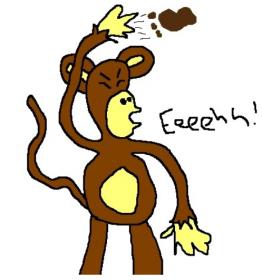turn_on68
Dedicated LVC Member
Front Wheels shake with new brake pads and turned rotors when applying brakes? I replaced the pads and had the rotors turned a few months ago but havent driven the car any to speak of. Now on faster drives the wheels shake when braking. I was wondering if the Stabilizer links are so worn could it cause this front end to shake when braking?


